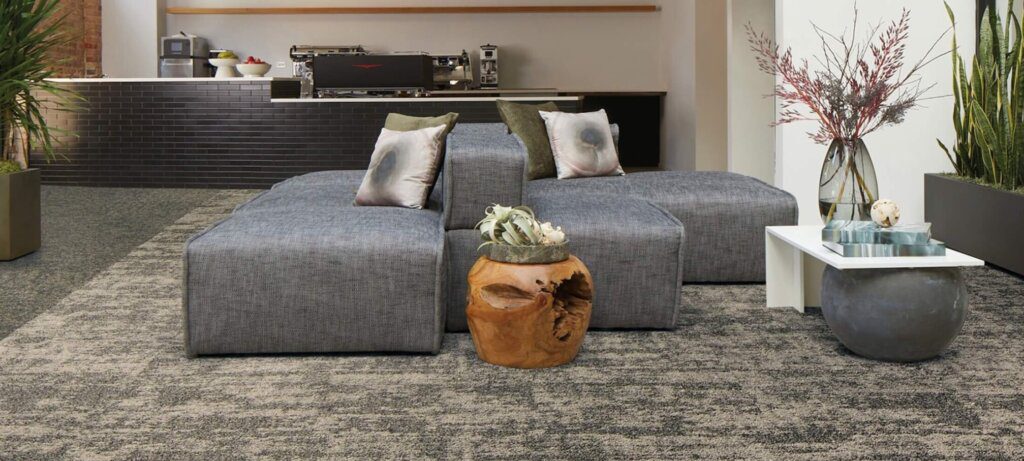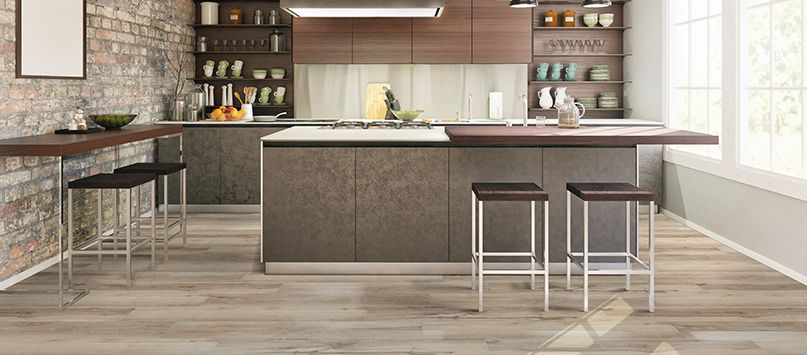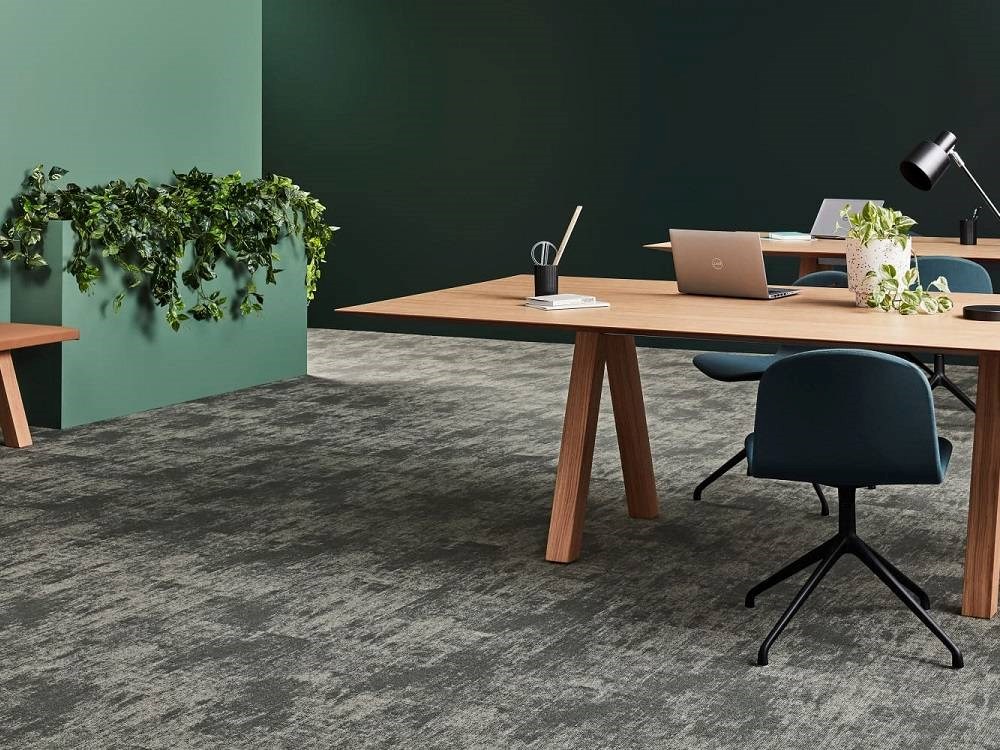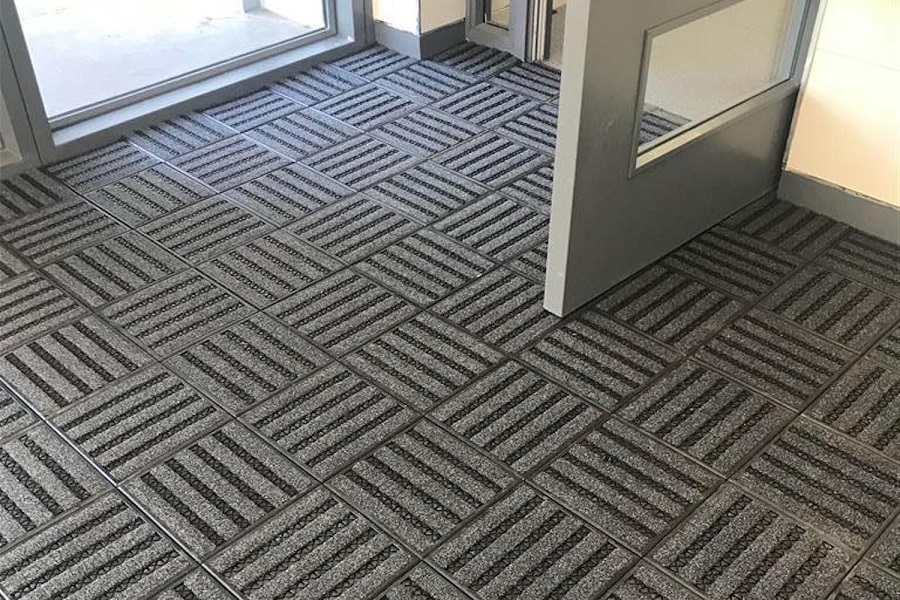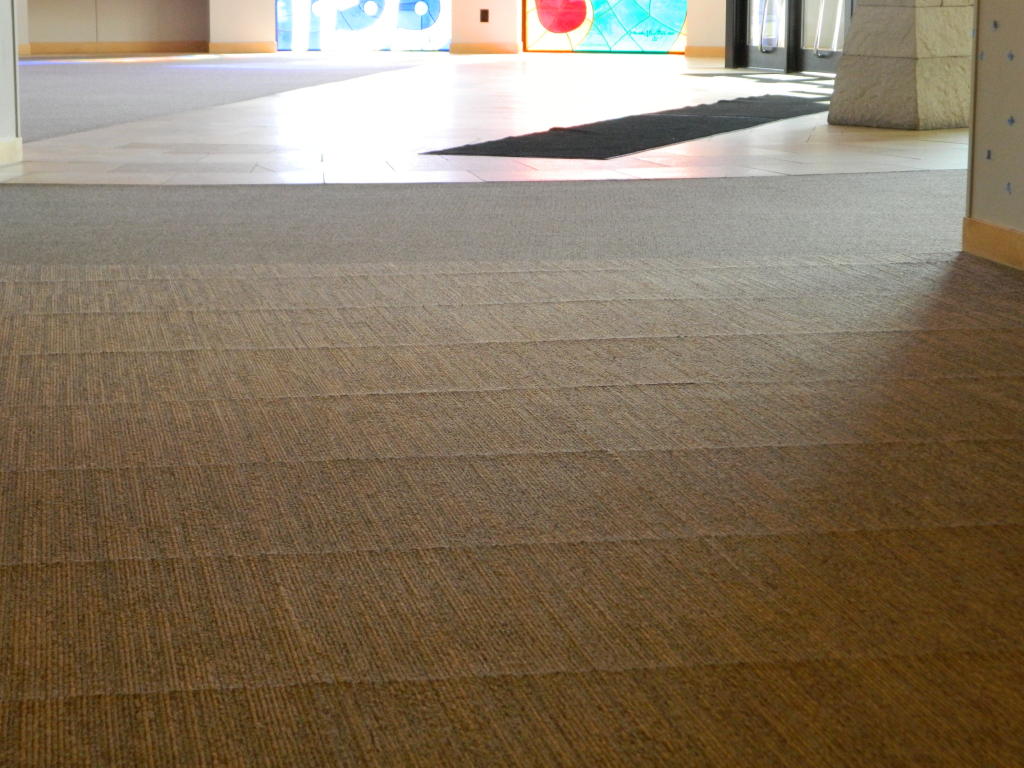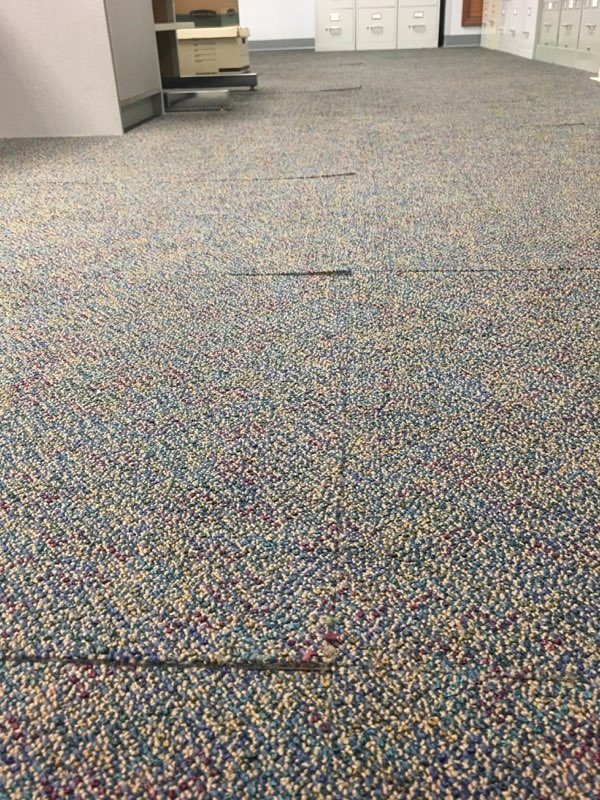-
Is LVT Flooring Right For You?

Cons of LVT Flooring Pros of LVT Flooring
-
Choosing Carpet Tiles for Your Gym Floor

-
Why Hospitality Carpet Is A Necessity For Any Hotel

When creating a welcoming and comfortable atmosphere for guests, a hospitality carpet is necessary for any hotel. Here are some reasons why: Comfort and Safety Hospitality carpet provides a soft and comfortable surface for guests to walk on, reducing the risk of slips and falls. It also provides insulation, helping…
-
How To Choose The Best Luxury Wool Carpet Tiles For Your Home

Luxury wool carpet tiles are a popular flooring option for homeowners who want to add warmth, comfort, and style to their spaces. With so many options available, it can be challenging to determine which luxury wool carpet tiles are the best choice for your home. In this blog post, we…
-
Why Carpet Tile Entrance Mats Are The Best Choice For You?

Entrance mats are essential to any building’s maintenance and safety program. They help to keep floors clean and dry, reduce the risk of slips and falls, and protect flooring from wear and tear. While several types of entrance mats are available, carpet tile entrance mats are the best choice for…
-
Choosing the Best Carpet Tiles for Your Garage Floor

There are several options for garage flooring, including epoxy coatings, rubber mats, and concrete stains. However, carpet tiles are a lesser-known option that can provide both durability and style. This blog post will explore the benefits of using carpet tiles for your garage floor and provide tips for choosing the…
-
Tips To Prevent Curling Carpet Tile Edges

Carpet tiles are a popular flooring option for many spaces, including homes, offices, and public areas like airports. They offer several benefits, including easy installation, durability, and versatility. However, one common issue with carpet tiles is curling edges. This can be unsightly and can also pose a tripping hazard. In…
-
The Best Way To Keep Carpet Tile Seams From Showing

Carpet tiles are a popular flooring option for many spaces, including homes, offices, and public areas like airports. One common issue that can arise with carpet tiles is visible seams. Visible seams can be unsightly and can detract from the overall appearance of the flooring. This blog post will discuss…
-
Flying in Style: High-Traffic Heroes of Airport Terminal Carpet Tiles

Introduction Airport terminals are bustling hubs of activity, with thousands of passengers and staff walking through their doors daily. With such high foot traffic, choosing carpet tiles that can withstand constant wear and tear while maintaining a professional appearance is crucial. This blog post will explore the best carpet tiles…
-
Why airport carpet tiles are essential?

Airport carpet tiles are not necessarily essential, but they serve several practical and aesthetic purposes that make them commonly used in many airports. Here are a few reasons why airport carpet tiles are often chosen: While airport carpet tiles have practical benefits, it’s worth noting that some airports may use…
